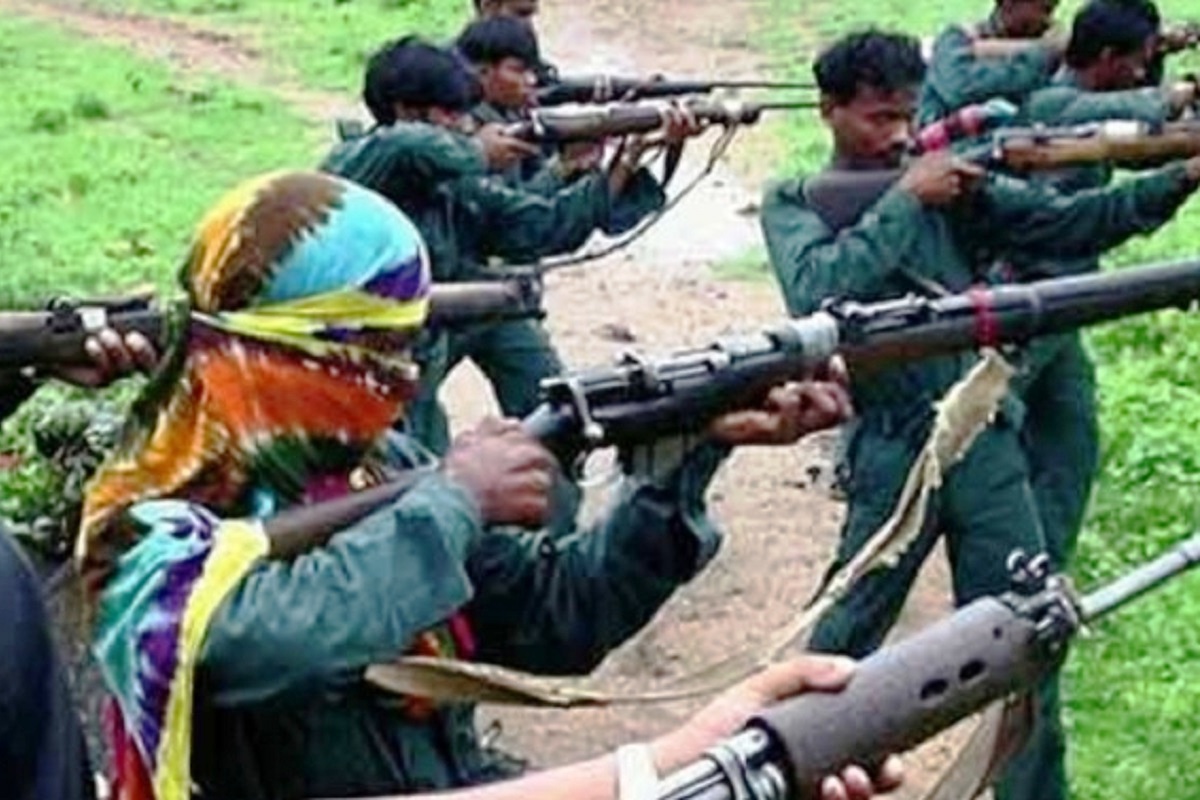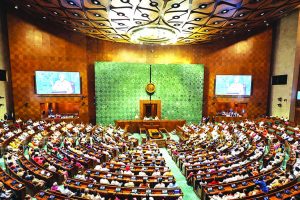Exactly 11 years ago, on May 25, 2013, India witnessed one of its most significant political tragedies. The Maoist assault on Congress’s “Parivartan Yatra” in the Jhiram Valley of Bastar, Chhattisgarh, resulted in 33 casualties, including prominent Congress leaders such as then state president Nand Kumar Patel, Vidya Charan Shukla, and Mahendra Karma.
In November 2023, the Supreme Court ruled that the state government could reinvestigate the case if it was linked to a larger conspiracy. The new state government now grapples with the question of how to proceed with the investigation.
Advertisement
Survivors of the massacre still bear the scars and memories of the violence. Shiv Singh Thakur, a Congress leader residing in Raipur’s Srinagar area, was shot during the attack. He still has seven bullet fragments lodged in his back. Thakur recounts the horror of the attack, describing the bloodshed and the loss of their leaders and security personnel. He was rushed from Jagdalpur to Raipur for treatment, where doctors removed the bullets but couldn’t extract the fragments.
Advertisement
Thakur’s life has been significantly impacted. An MRI was halted due to the bullet fragments, and X-rays had to be used for his cervical problem treatment. Airport security checks are a constant reminder of his ordeal, as metal detectors beep due to the fragments, requiring him to explain his injuries repeatedly. High-security areas pose additional challenges, necessitating documentation and often leading to debates with security personnel.
Thakur criticises the initial investigation by the National Investigation Agency (NIA), noting that despite being a direct witness and victim, he was never interviewed. He expresses a grim resignation, stating that justice now lies in divine hands.
The Jhiram attack had significant and enduring political implications, particularly evident in the defection of several Congress leaders who were part of the convoy during the incident, to the BJP. Among them, Motilal Sahu, now representing Raipur Rural as an MLA, sustained injuries in the attack and subsequently shifted allegiance to the BJP in 2014, successfully contesting elections in 2018 and 2023. Anjay Shukla, another victim of the assault, later joined the BJP, actively engaging in party activities despite not yet running for elections. Ajay Singh, previously associated with the Congress government’s Youth Commission, transitioned to the BJP following expulsion from the Congress due to internal disputes. Chauleshwar Chandrakar, also wounded in the attack, voiced his discontent with the Congress’s handling of the aftermath and joined the BJP in 2023.
The NIA’s investigation identified around three dozen Maoists as perpetrators, stating such acts were typical of their terror strategies. The Justice Prashant Kumar Mishra-led Jhiram Valley Judicial Inquiry Commission submitted a comprehensive report in November 2021, but it was not made public, leading to dissatisfaction and further probes.
As the anniversary of this tragic event passes, the call for justice remains strong among survivors and political figures alike, with many still awaiting closure and accountability for the Jhiram Valley massacre.
Advertisement











